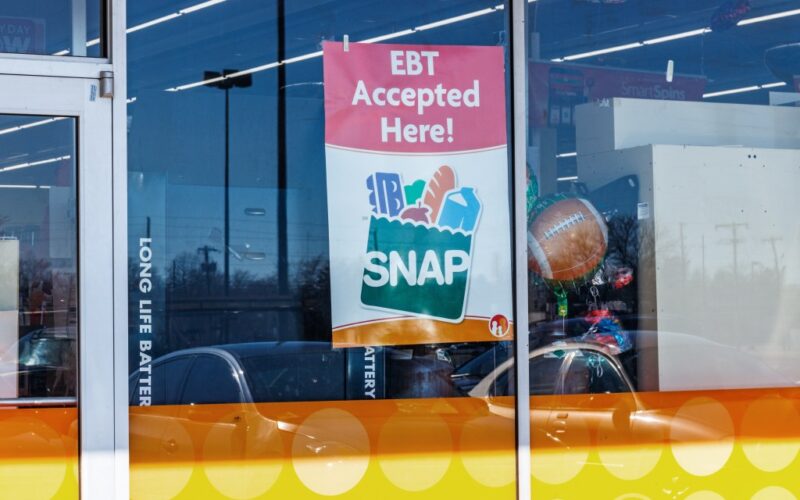With the stroke of a pen in Washington, hundreds of thousands of New Yorkers are now living under the threat of hunger and illness. The “One Big Beautiful Bill” guts the Supplemental Nutrition Assistance Program (SNAP) and slashes Medicaid, leaving our most vulnerable neighbors exposed on multiple fronts. SNAP benefits for up to 300,000 city residents are on the chopping block, and the state faces a $1.2 billion annual shortfall just to keep food on the table.
This is not a time for Albany to analyze or equivocate — it is a time to act. Gov. Hochul and the Legislature must immediately commit emergency funding to fully restore SNAP benefits, enact a permanent state minimum benefit, and protect Medicaid so no New Yorker goes hungry or without care.
Though the harshest SNAP and Medicaid cuts are scheduled for 2028, the pain is starting now. Counties are being told to budget for SNAP cost shifts as early as this fall, and the state is bracing for a multi-billion-dollar hit to health care and nutrition programs. Local governments and food pantries are already preparing for higher demand, while the expiration of work requirement waivers in 2026 could mean earlier benefit losses for thousands.
The numbers are staggering. Nearly 3 million New Yorkers rely on SNAP to put food on the table. More than half of SNAP recipients are children and seniors. Behind these numbers are real people: the child who can’t focus in school because they skipped breakfast, the senior who must choose between medication and groceries, the parent working two jobs and still unable to afford fresh produce.
Without decisive state action, the consequences will be measured in empty refrigerators, missed doctor visits, and lives cut short by preventable hardship.
The sheer scale of what Albany is facing is staggering. The federal government has cut more than $13 billion a year from Medicaid and health care — an amount so vast that no state could realistically fill the entire gap alone. These health care cuts demand a federal solution and concerted advocacy at the national level, and we cannot pretend New York can do it all on its own.
Yet with SNAP, the imperative is different. The $1.1 billion annual shortfall, while daunting, is within reach for New York to address in this crisis. SNAP puts food directly on the table for nearly three million of our neighbors. If the state doesn’t act, the result will be swift and devastating: children and seniors going hungry, local economies suffering, and communities left to cope with fallout that is entirely preventable.
If Albany can act anywhere, it must act here — now — to restore SNAP, even as the broader fight for health care justice continues.
- A measure developed by the Urban Institute and commissioned by the Federation of Protestant Welfare Agencies and the Community Service Society of New York found that the true cost of economic security is far greater than official poverty thresholds suggest. More than 60% of New Yorkers are economically insecure, and while not all qualify for SNAP benefits, the same measure showed that food costs in the state are among the highest in the nation, particularly in New York City, where families with children can expect to spend nearly $15,000 annually on food.
- It’s not just about numbers on a spreadsheet — it’s about whether families can meet their basic needs with dignity. These cuts expose how fragile economic security is for millions of New Yorkers. Compounded by the cuts to federal health insurance programs, which provide a value of $27,000 a year, these SNAP cuts will increase the average economically insecure household with children’s resource gap — the amount short of economic security — from more than $50,000 to an astounding $95,000.
Albany, without delay, must pass emergency legislation to restore lost SNAP and Medicaid funding by allocating at least $1.2 billion for SNAP and additional funding to protect health care.
They must also enact a permanent state SNAP minimum benefit to guarantee a safety net for all eligible households, regardless of federal retrenchment; rebuild nutrition education and support for food banks by replacing lost federal programs and funding local efforts to meet surging demand; and streamline access and reduce barriers to make it easier, not harder, for families to get the help they need.
The governor and the Legislature must not simply lament federal cruelty — they must show the nation what moral leadership looks like. The true cost of economic security is not a budget item. The time for analysis is over. The time for action is now.
Jones Austin is a longtime advocate for economic justice and CEO of the Federation of Protestant Welfare Agencies.








